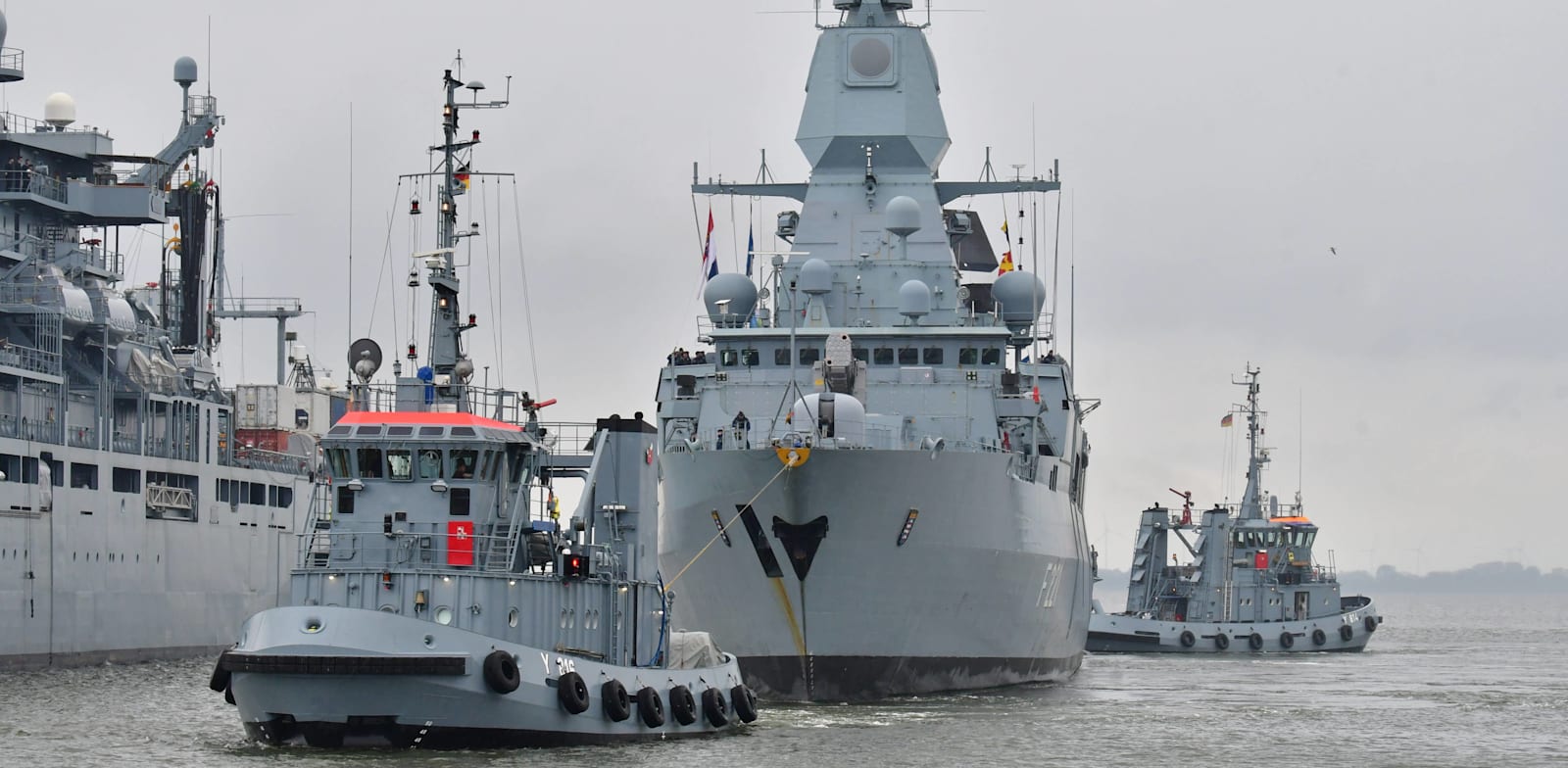
Recent reports have highlighted the challenges faced by the European task force established three months ago to protect ships in the Red Sea from Houthi rebel attacks. The Aspides task force, led jointly by the Greek and Italian navies, was created by the European Union in February as part of efforts to restore security to the region. However, as revealed by statements made by Greek admiral Vasilios Grifari, the threat posed by Yemeni rebels has proven to be more complex than expected.
The mission has faced numerous challenges, such as a successful attack by Yemeni rebels that compromised the air defense systems of European ships. With only three active battleships in the mission and limited intelligence coverage, Aspides is struggling to meet the demands placed on it by the European Union. Recent data shows a significant decrease in the number of ships passing through the Red Sea, indicating a potential impact on international trade.
The situation is further complicated by the withdrawal of German battleship from the mission due to competing priorities in other regions. Efforts are being made to address this shortfall by requesting temporary replacements from countries like Holland and Belgium, though their participation remains uncertain. The mission’s effectiveness has been hindered by a lack of vessels and resources, leading to concerns about its ability to safeguard maritime traffic in the Red Sea.
The ongoing attacks by Houthi rebels have disrupted shipping routes and pose a significant threat to regional stability. The limitations faced by Aspides have raised questions about its ability to address the escalating crisis in the Red Sea. While efforts are being made to enhance its capabilities and secure vital shipping lanes, these challenges continue to present a formidable obstacle to achieving lasting peace and security in







